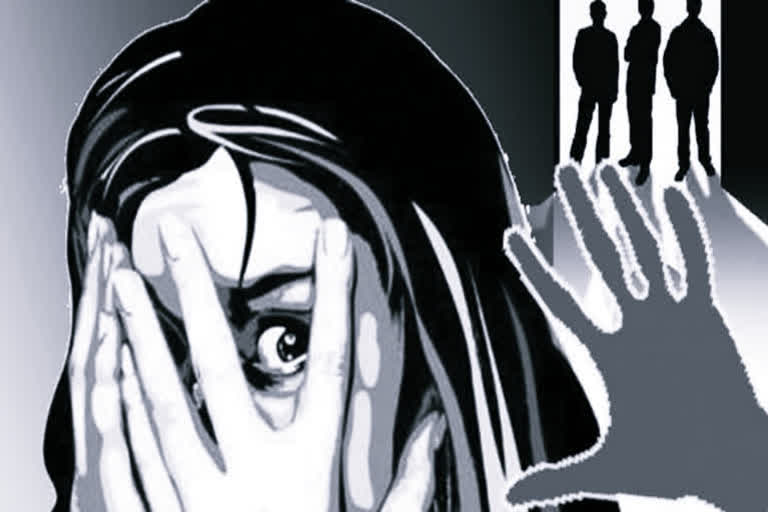New Delhi:Nine years ago this date, the country witnessed one of the most heinous crimes in the history of India take its course. The Nirbhaya case, that shook the entire nation to its core, still manages to make one question the foundation of the society we are living in.
The victim of this monstrous rape and murder case battled death for 13 days and finally gave up. Her mother's heart sinks when she recalls how she could not even fetch her daughter some water, because her body had become completely incapable of the most basic body functions after the culprits monstrously destroyed it inside out by using an iron rod.
After the case same to light, the enraged public took to the streets and the internet to express their support for Nirbhaya, while the UPA government had to make changes in the laws made regarding crimes against women. The historic case went on for eight long years, saw several obscure turns and 4 of the culprits were finally hanged to death in 2020. The death penalty for the convicted was expected to have a threat driven impact and to reduce the amount of crimes against women in the country; especially in the national capital Delhi - which is also unfortunately regarded as the rape capital of India.
But the capital is still not lagging behind in crimes against women. An increase in crime against women has been registered in the year 2021 as compared to the year 2020 in not just the capital, but in the entire country. India still remains a fairly unsafe place for women of all ages, classes, creeds colours. Right from a child to a woman counting her last breaths, and from a celebrity to a woman incapable of hearing or talking - anyone can be subjected to assault anywhere, at any time. Newer shades of sex crimes, with even deeper colours of cruelty come forward everyday, accompanied with a shadow of misogyny and patriarchy that has been dominant in the Indian culture since ages.
Although the Nirbhaya case, which was the first one to draw so much of attention, sent waves across the world with its unprecedented magnitude, the unwavering situation of the crime against women in India poses several questions that seem to have no answers in sight. The centre, the states, the judiciary, the independent bodies, NGOs, and the common masses seem to have no solutions to the questions that Nirbhaya and her culprits left behind after their deaths. After Nirbhaya, thousands of similar cases came forward, but perhaps didn't capture so much of attention. However, there still were some cases that caught limelight and made the society reiterate on the morals it is surviving on yet again.
A timeline of the events that this landmark case saw may refresh the agony the nation faced, and make us contemplate over what and where we need to change, and hopefully help us devise feasible ways of achieving a safer India in Nirbhaya's memory.
The Timeline:
December 16, 2012 - Nirbhaya was gang-raped by six accused including a minor in a moving bus in Delhi
December 18, 2012- Delhi Police arrested 4 accused - Ram Singh, Mukesh, Vinay Sharma and Pawan Gupta in this case
December 21, 2012 - Minor accused arrested from Anand Vihar bus stand
December 22, 2012 - Sixth accused Akshay Thakur arrested from Bihar
29 December 2012 - Nirbhaya succumbed to her injuries while undergoing treatment at a Singapore hospital
January 3, 2013 - Police filed charge sheet against 5 accused in murder, gangrape, attempt to murder, kidnapping and dacoity
January 17, 2013 - Fast track court framed charges against the five adult accused
